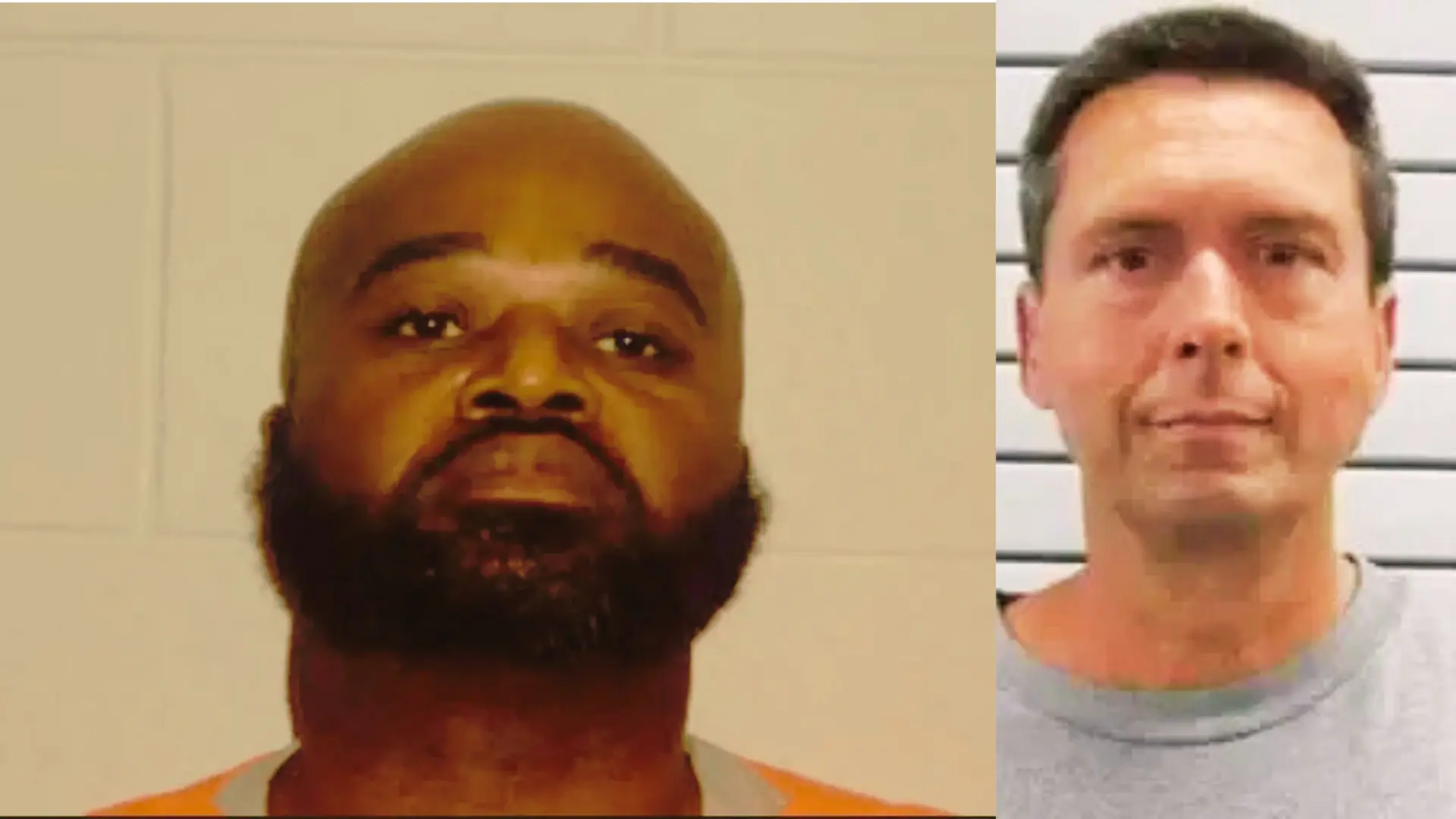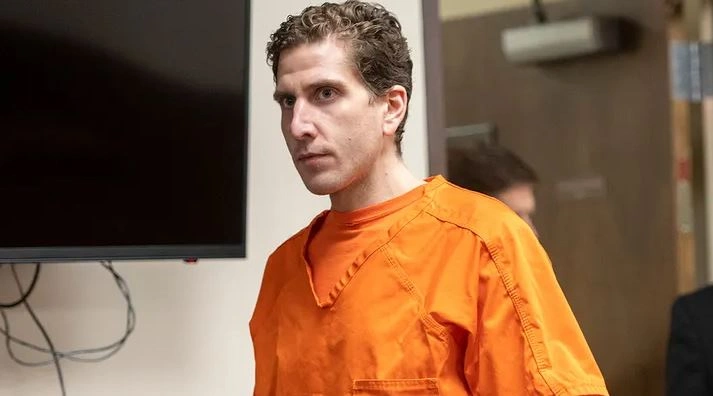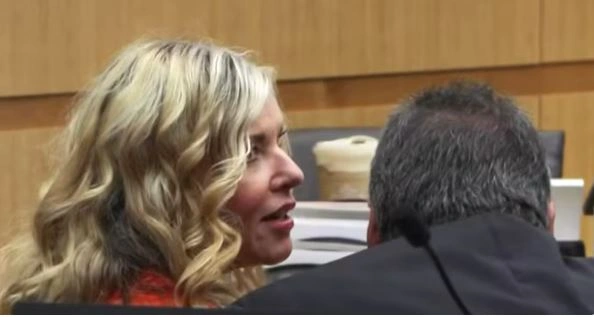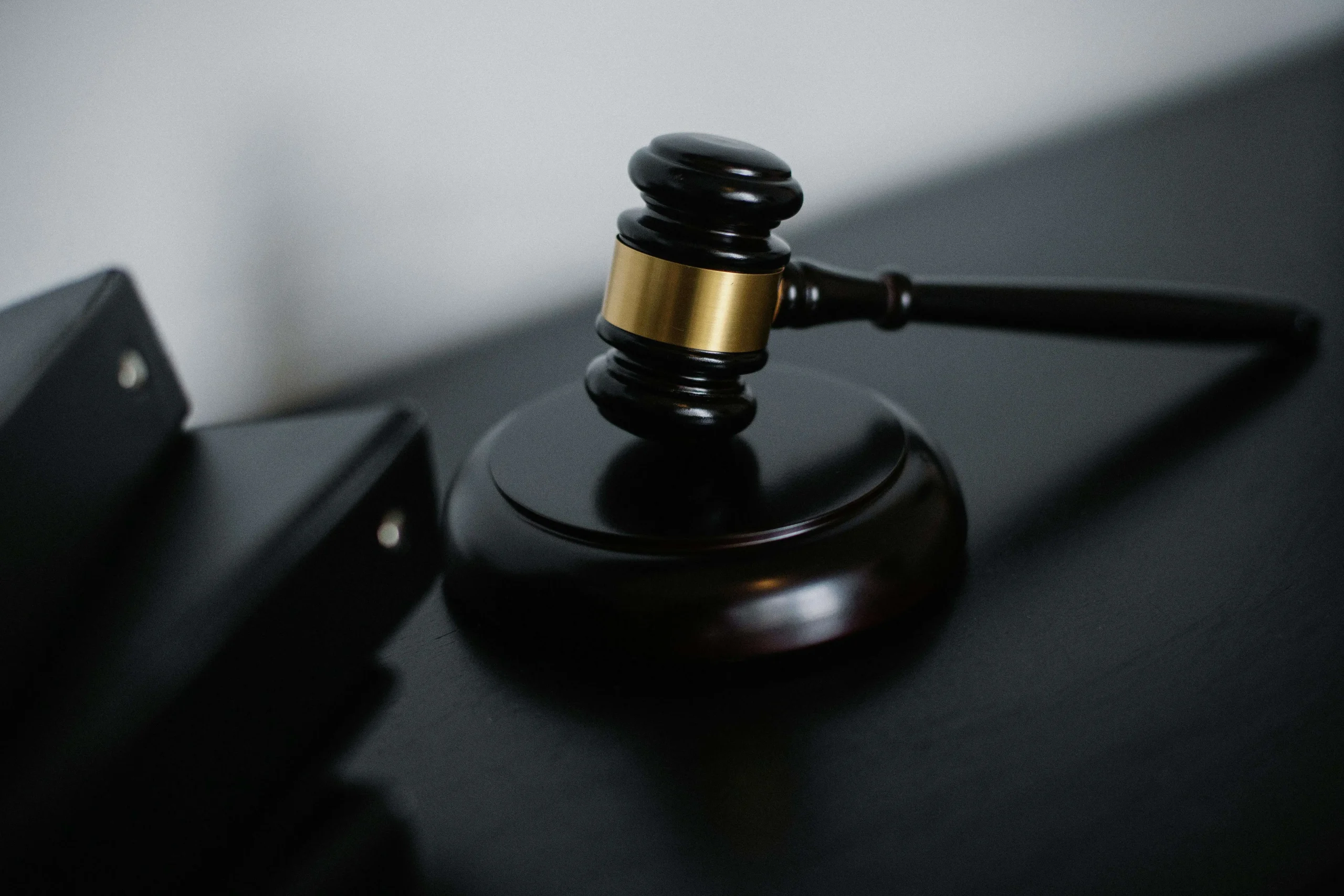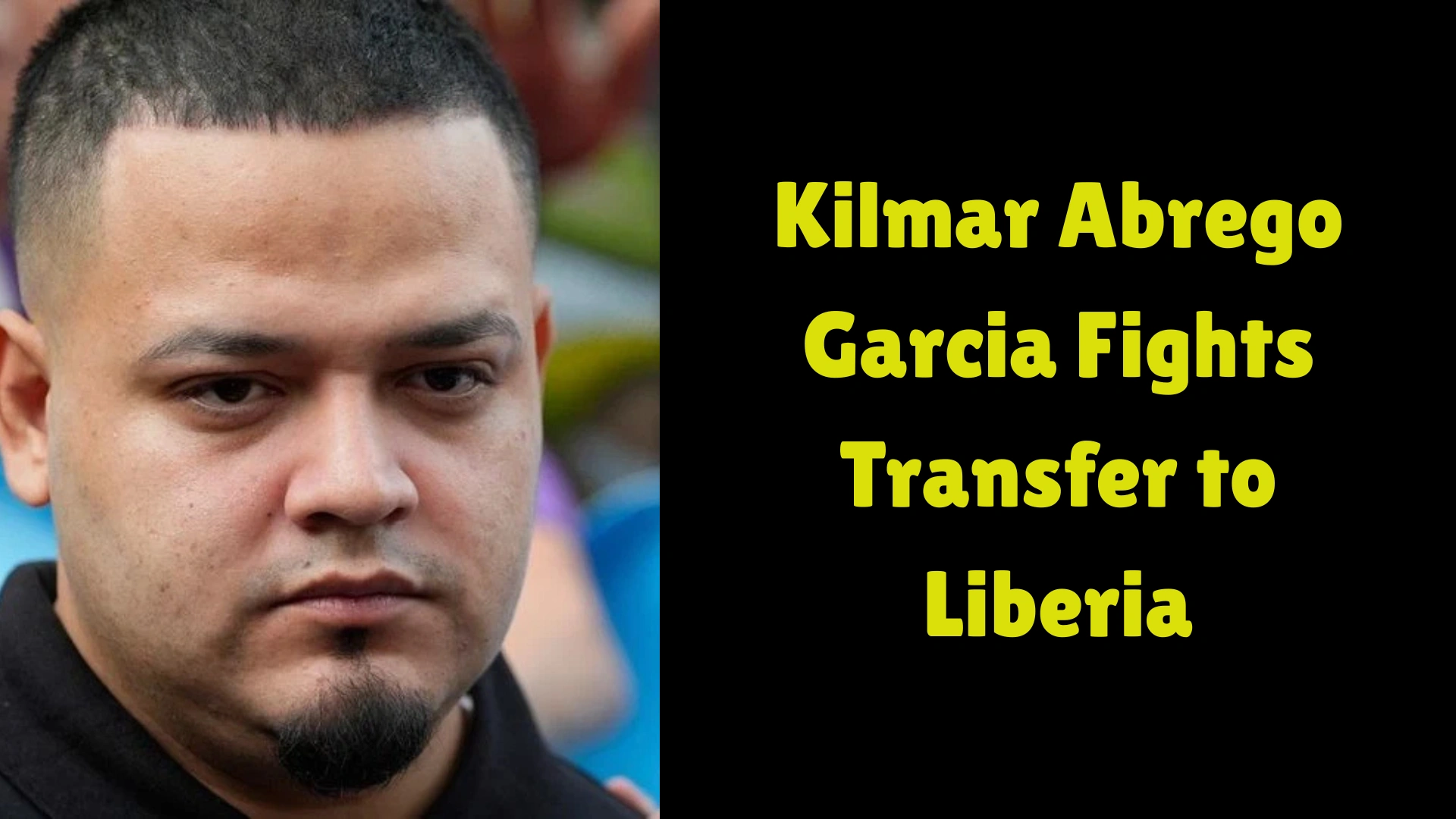Dahbia Benkired Receives Historic Life Sentence for Murder of French Schoolgirl Lola
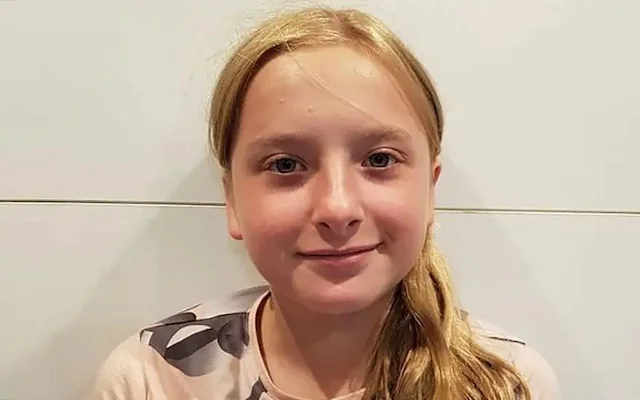
In a landmark ruling that has gripped France, a Paris court has sentenced Dahbia Benkired to life in prison with no possibility of parole for the horrific 2022 murder of 12-year-old Lola Daviet. This sentence marks the first time in French history that a woman has received the country’s most severe punishment .
The Crime That Shocked a Nation
On October 14, 2022, Lola Daviet returned to her Paris home from school. CCTV footage from that afternoon shows Dahbia Benkired, then 24, approaching the child in their building in northeastern Paris . What followed was an hour and a half of unimaginable terror.
Benkired lured Lola into an apartment her sister was subletting in the same building . There, she subjected the 12-year-old to a brutal sexual assault, tortured her, and ultimately suffocated her by binding her head with duct tape . The court heard that Benkired played music and smoked a cigarette to drown out the sounds of Lola’s struggle . The young victim’s body was later discovered stuffed inside a plastic storage box in the courtyard of her own home .
A Chilling Demeanor and a Troubled Past
Throughout the trial, Dahbia Benkired remained largely emotionless, displaying what psychiatric experts described as a “chilling detachment” from her actions . One police officer testified that during her arrest, Benkired showed no sign of regret, even when shown photos of her tortured victim. Benkired reportedly stated, “I feel indifferent” .
Psychiatric evaluations found that Benkired exhibited “psychopathic” and “cold, passive-aggressive” traits but was otherwise sane and criminally responsible for her actions . One court psychiatrist, Karine Jean, expressed profound professional frustration, noting, “In 15 years of expertise, this is the first time I’ve felt this way… I found myself faced with a paralysis of my thoughts, a feeling of unease that catches in the throat” .
The court also examined Benkired’s troubled background—a childhood marked by violence in Algeria, alleged sexual abuse, and early cannabis use after arriving in France at 16 . Unable to find stability, she reportedly drifted into sex work .
A Family’s Grief and a Plea for Dignity
The case took a further tragic turn when Lola’s father, Johan Daviet, passed away in 2024 at the age of 49 . While not explicitly detailed in official reports, family members and media have suggested he never recovered from the grief of his daughter’s murder.
During the proceedings, Lola’s family and supporters wore matching T-shirts bearing a drawing of the young girl and the words “You will be the sun of our lives and the star of our nights” .
Following the verdict, Lola’s mother, Delphine Daviet, stated, “We believed in justice and we got it” . Her brother, Thibault, added, “We have restored the memory of my sister, we have restored the truth” .
The family had previously denounced “any use of the name and image of [our] child for political ends,” a plea made as far-right politicians sought to capitalize on the tragedy .
The Political Firestorm
The case ignited intense political debate in France after it emerged that Benkired, an Algerian national, was in the country illegally, having overstayed a student visa . In July 2022, she had been stopped at a Paris airport and given 30 days to leave the country, an order she never complied with .
Jordan Bardella, president of France’s far-right National Rally party, quickly asserted on social media that the woman “had no business being in France” . Hard-right rival Éric Zemmour also posted that “Lola’s murderer should never have crossed her path” .
France’s Justice Minister Gérald Darmanin criticized what he called the “indecency” of politicians who, he said, “should reflect on the consequences of their words” .
An Unprecedented Sentence
The “perpétuité incompressible” (life imprisonment without parole) sentence is the harshest penalty in the French judicial system . Created in 1994, it has been imposed on only about a dozen men, mostly terrorists and serial killers like Michel Fourniret and Salah Abdeslam . Dahbia Benkired is the first woman ever to receive it .
While the sentence does not allow for parole or a reduction in sentence, French law does permit a review after 30 years upon request by the convicted person. A special panel of five judges from the country’s highest court may authorize release, but only if it poses no serious threat to public order and after consulting victims’ families .
Before the jury retired to deliberate, Benkired offered a brief statement: “I ask for forgiveness and what I did is horrible. That’s all I have to say” . She showed no reaction as the verdict was read .
A Nation Seeks Closure
The sentencing of Dahbia Benkired brings a formal conclusion to a legal proceeding that has haunted the French national consciousness for three years. For Lola’s family, it represents a painful form of justice, though as her mother acknowledged, it “won’t give us back our Lola” .
The case of Dahbia Benkired will remain etched in French legal history, not only for the unprecedented sentence but for the searing questions it raised about immigration, mental health, and the limits of human cruelty.
FAQs…
What happened to Lola Daviet?
On October 14, 2022, 12-year-old Lola Daviet was lured into an apartment in her own building by Dahbia Benkired. She was subjected to a brutal assault, tortured, and asphyxiated. Her body was later discovered in a trunk, a crime that horrified France and sparked national outrage.
What was Dahbia Benkired’s sentence?
Dahbia Benkired received a life sentence with no possibility of parole (known in France as “perpétuité incompressible”). This is the most severe punishment in the French judicial system, ensuring she will not be eligible for early release.
What is the connection between Dahbia Benkired and Lola’s family?
Dahbia Benkired had no prior connection to Lola Daviet or her family. She was a stranger who lived in the same building complex. The attack was a random, predatory act that exploited the proximity and trust of a shared residential space.
What was the immigration status of Dahbia Benkired?
At the time of the murder, Dahbia Benkired was in France illegally. She had overstayed a student visa and had previously been issued a formal order to leave the country, a fact that became a central point in the subsequent political debate surrounding the tragedy.

